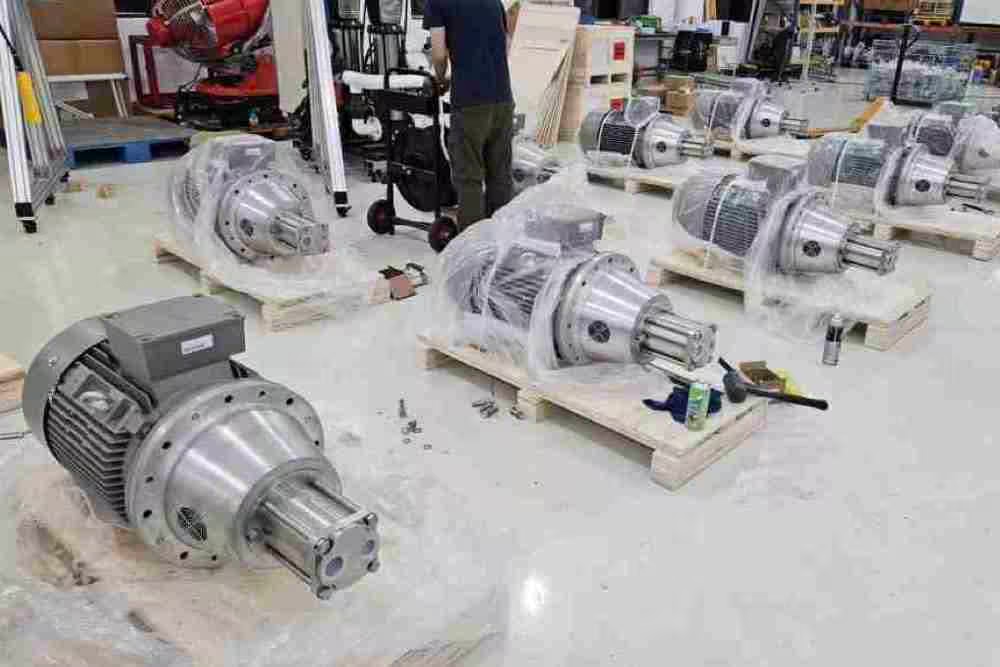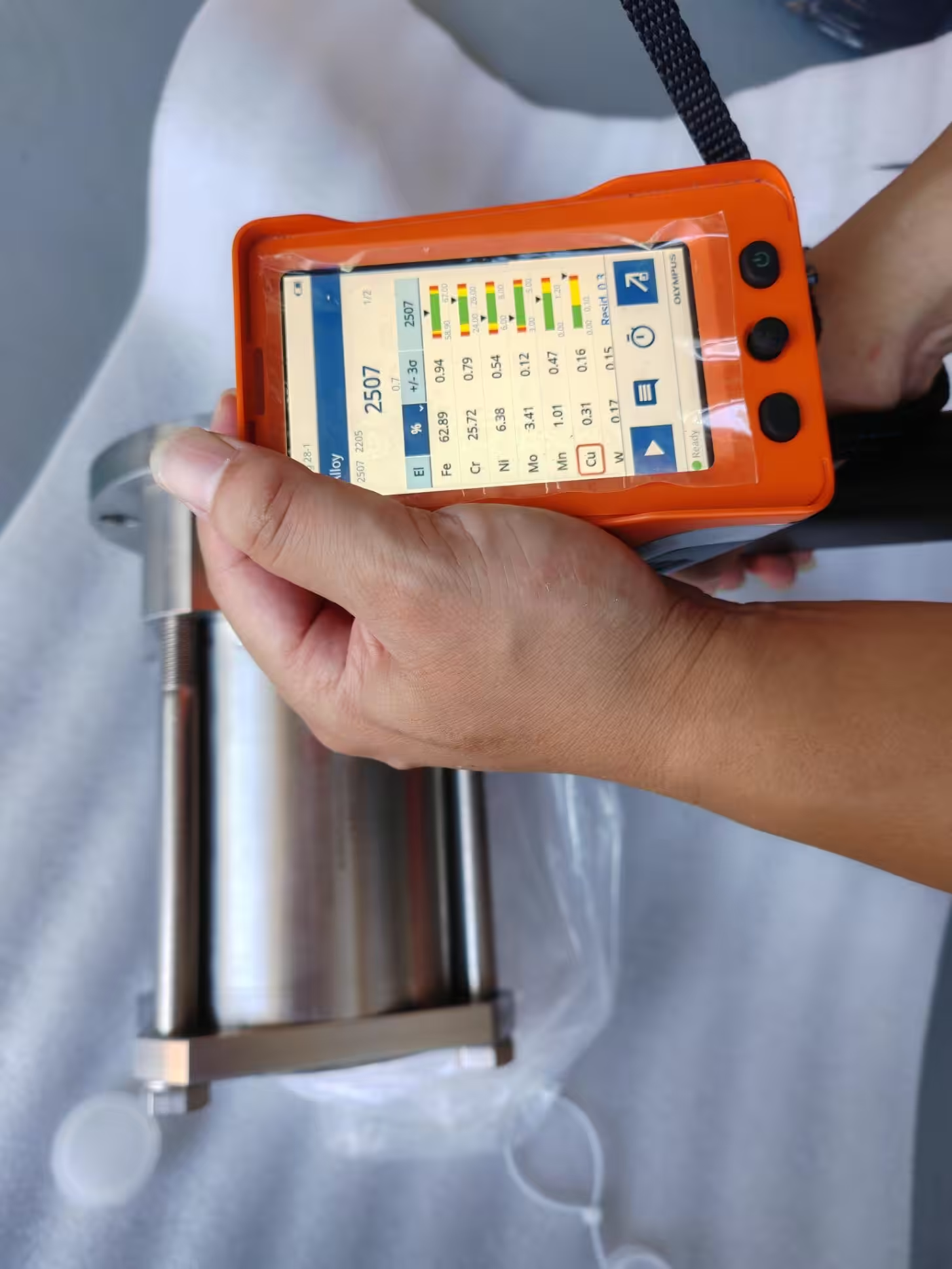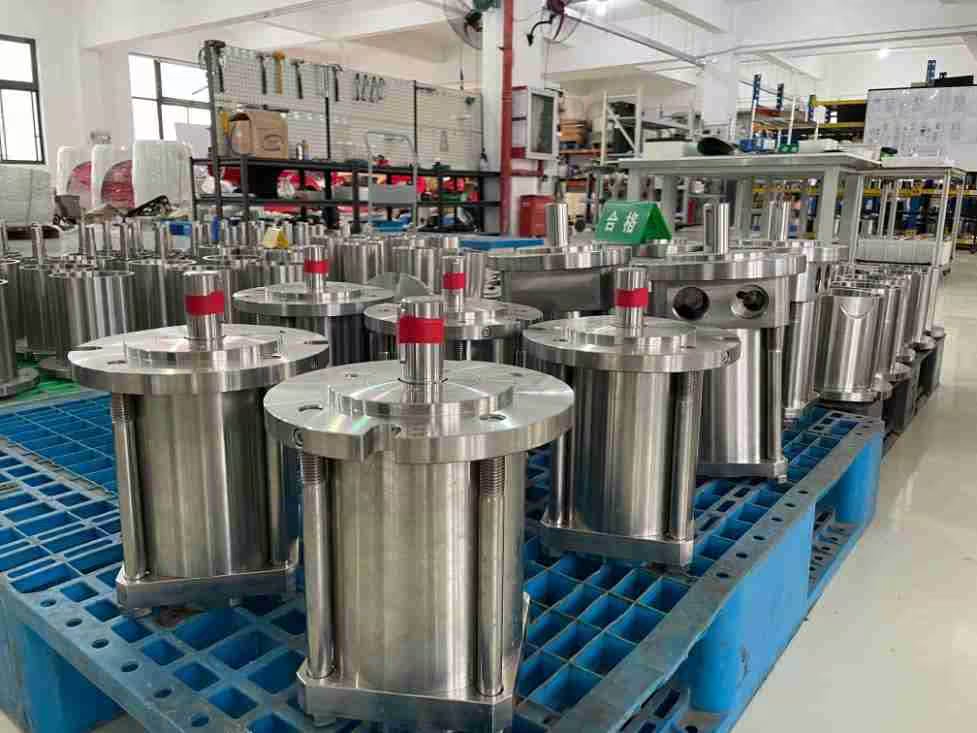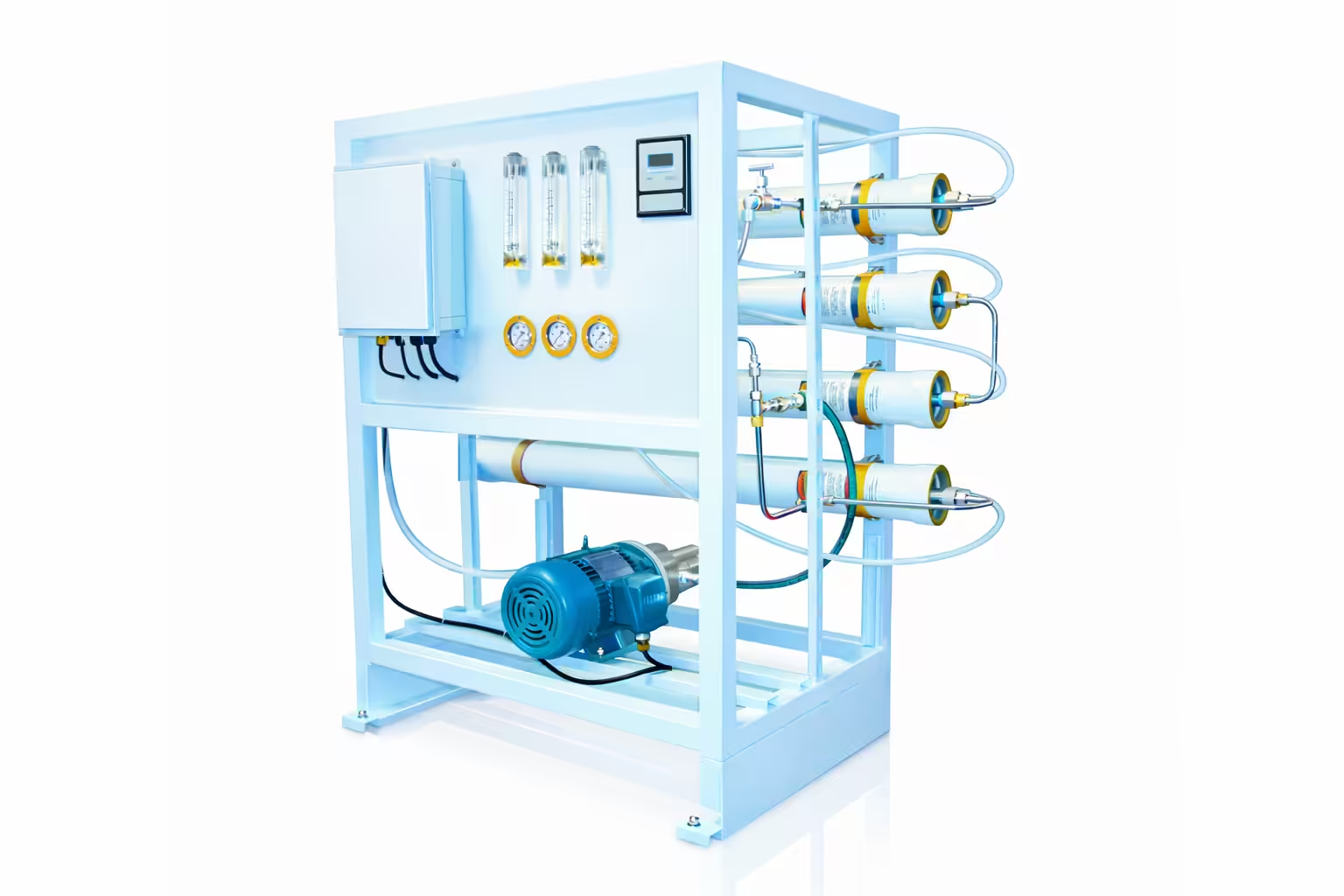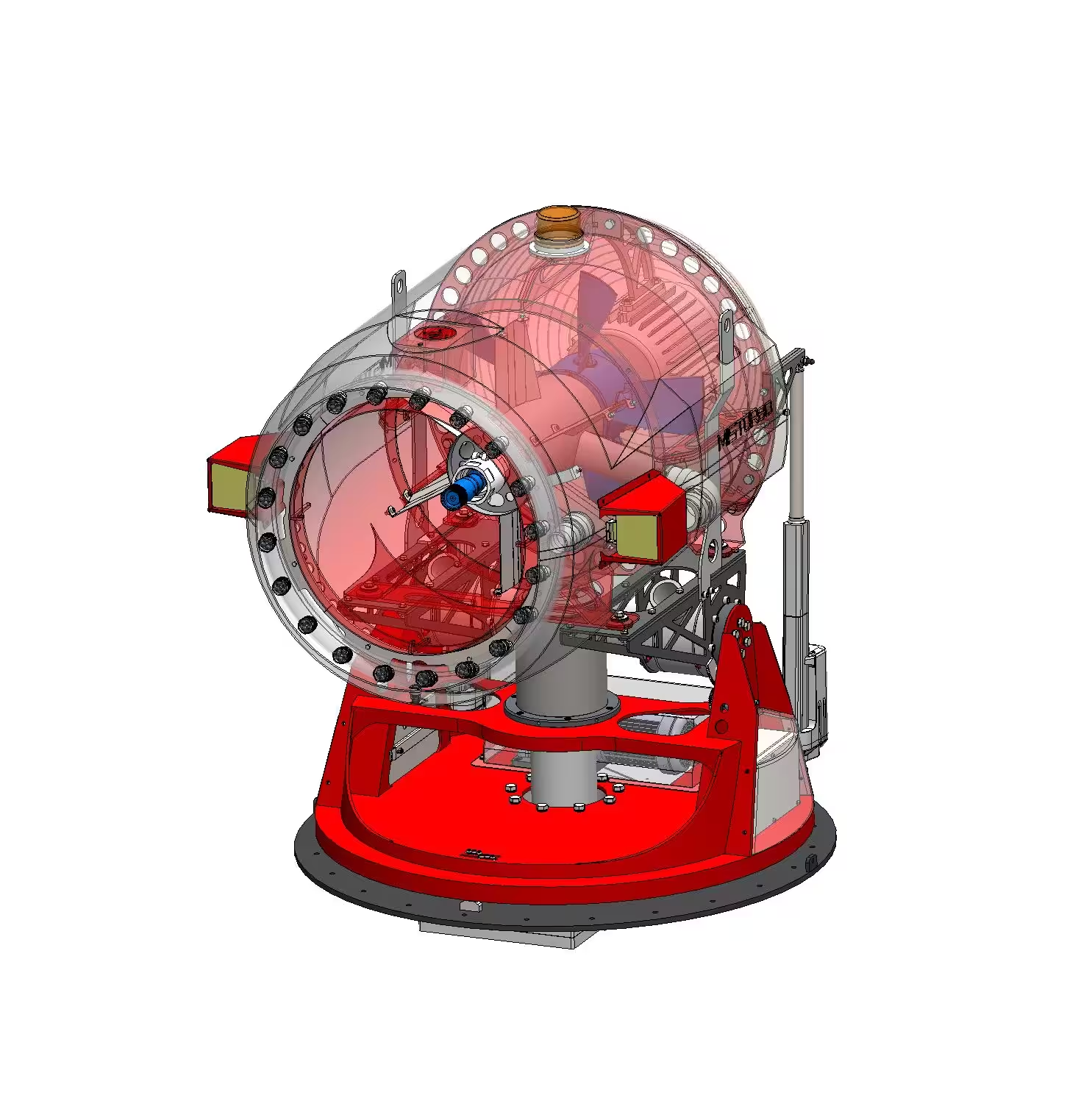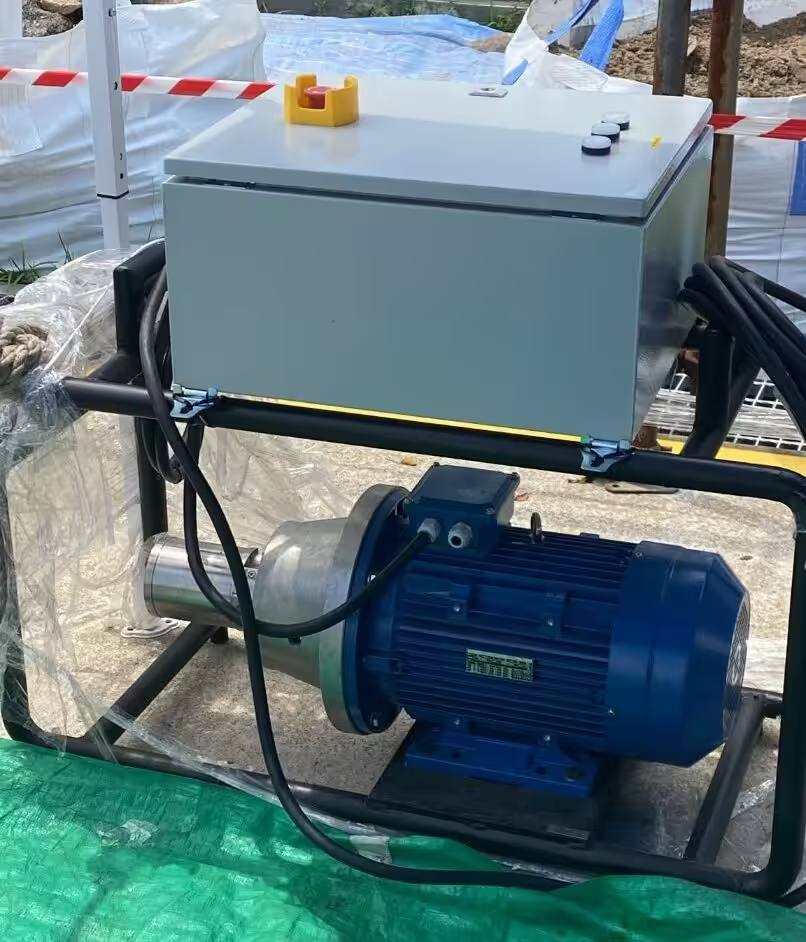PSI to TDH Calculator
TDH to PSI Calculator
What is TDH?
TDH (Total Dynamic Head) is a critical metric in pump system performance, expressed as the height of a water column (in feet or meters). It represents the total energy a pump must overcome to move fluid effectively from one point to another. TDH consists of the following components:
Components of TDH
Static Head
The vertical height difference between the pump inlet and outlet.
Friction Loss
Energy loss caused by friction as fluid flows through pipes, valves, and fittings.
Pressure Head
Additional energy required to overcome pressure differences in the system.
Velocity Head:
Energy associated with the fluid's velocity, often negligible in smaller systems.
The general formula for TDH is:
TDH = Hstatic + Hfriction + Hpressure + Hvelocity
When calculating TDH from PSI, the focus is on Pressure Head, given by:
Hpressure = PSI × 2.31
When to Use This Formula?
Pump Selection
Determine if a pump can deliver the required head for a specific application.
System Design
Analyze the energy losses in a pipe network to ensure appropriate pipe size, valves, and fittings.
Troubleshooting
Diagnose performance issues by measuring pressure and calculating actual TDH.
Water Treatment and Irrigation
Design systems involving pump stations, such as agricultural irrigation or wastewater treatment.
Example Applications
- Building Water Supply: Calculating the head required to pump water from a ground-level pump to the top floor of a high-rise building.
- Industrial Processes: Ensuring sufficient energy to move chemicals or other fluids through a processing plant.
Swimming Pool Circulation: Verifying that the pump can handle friction and height differences in the system.


